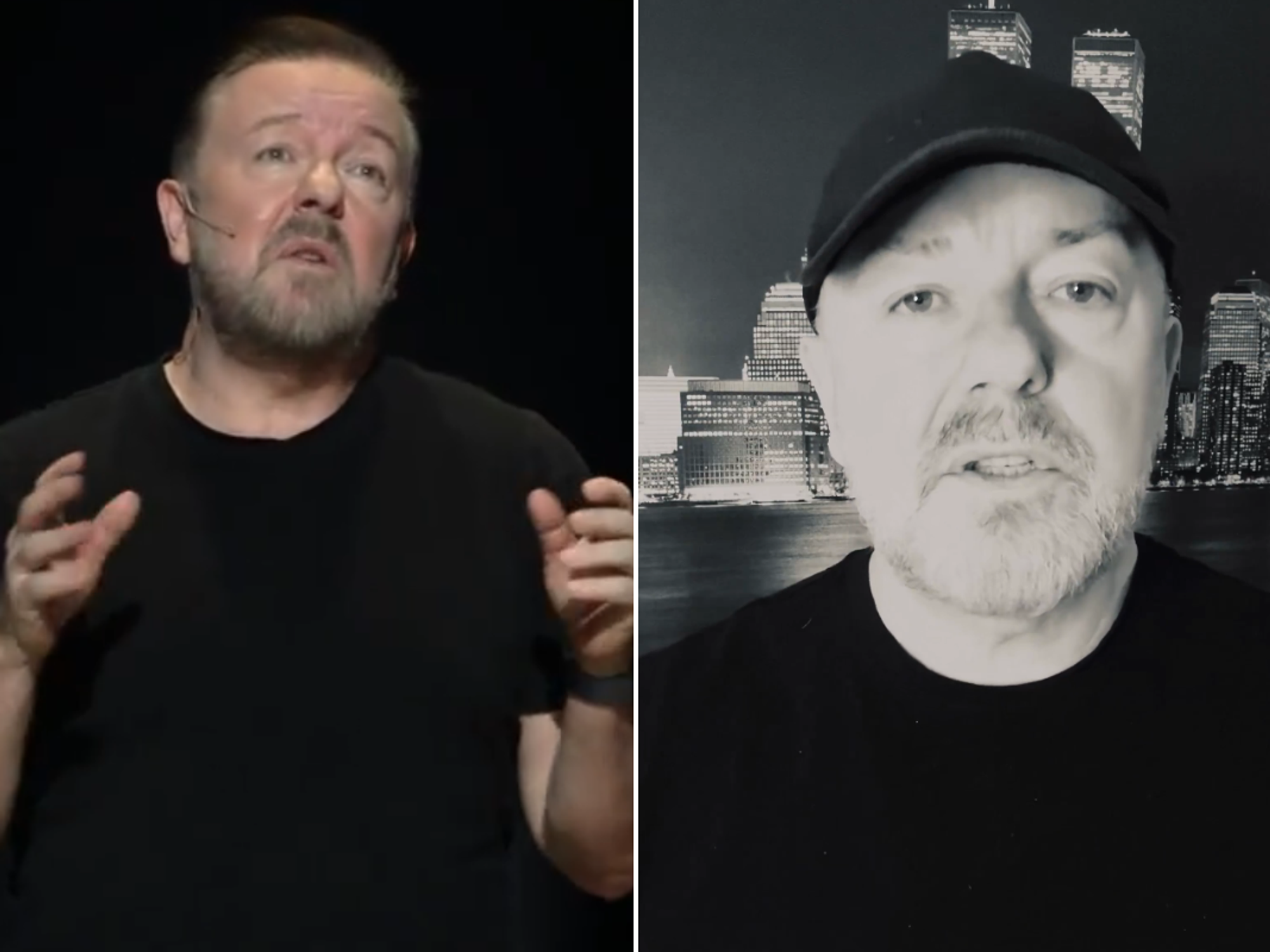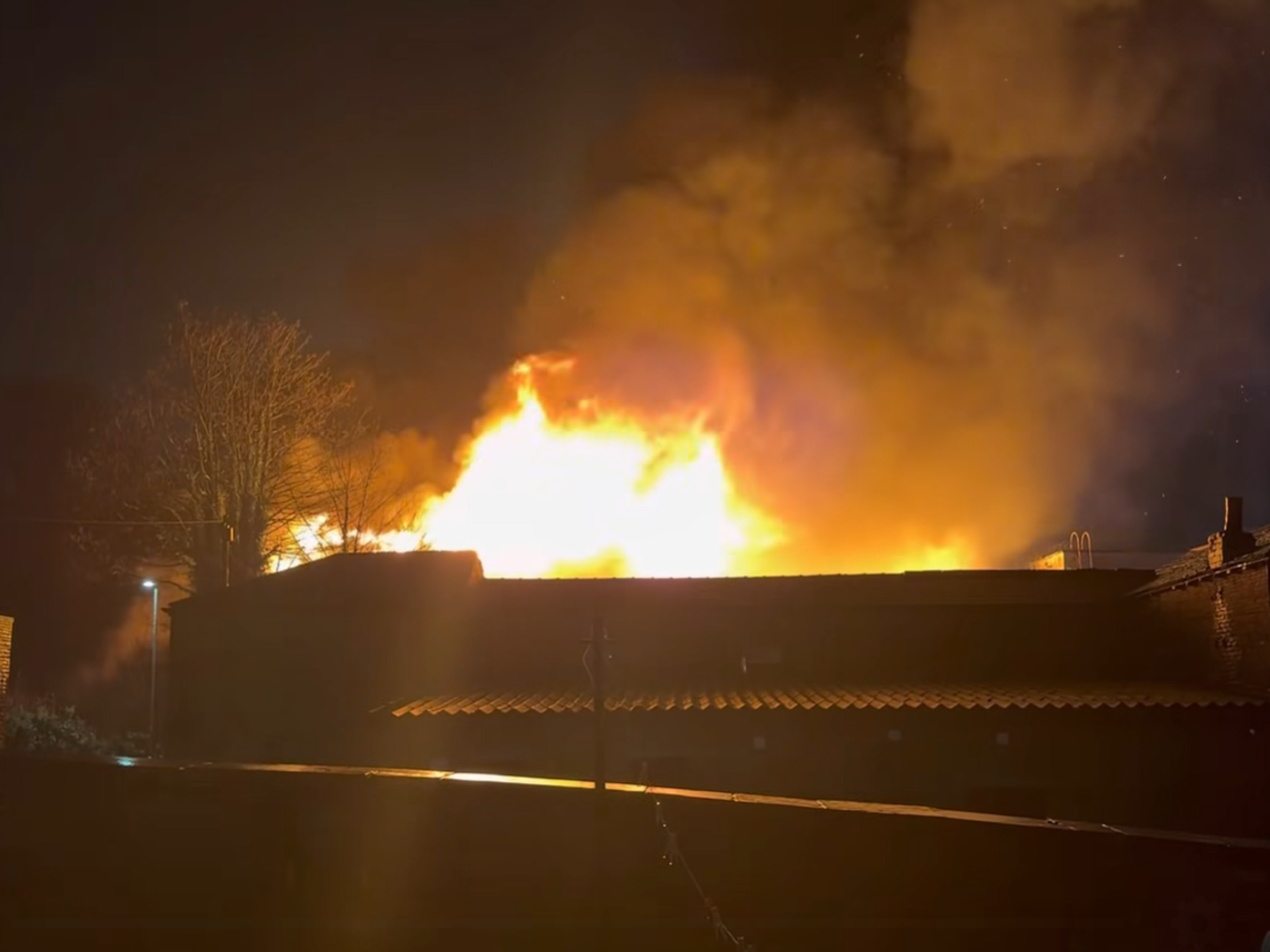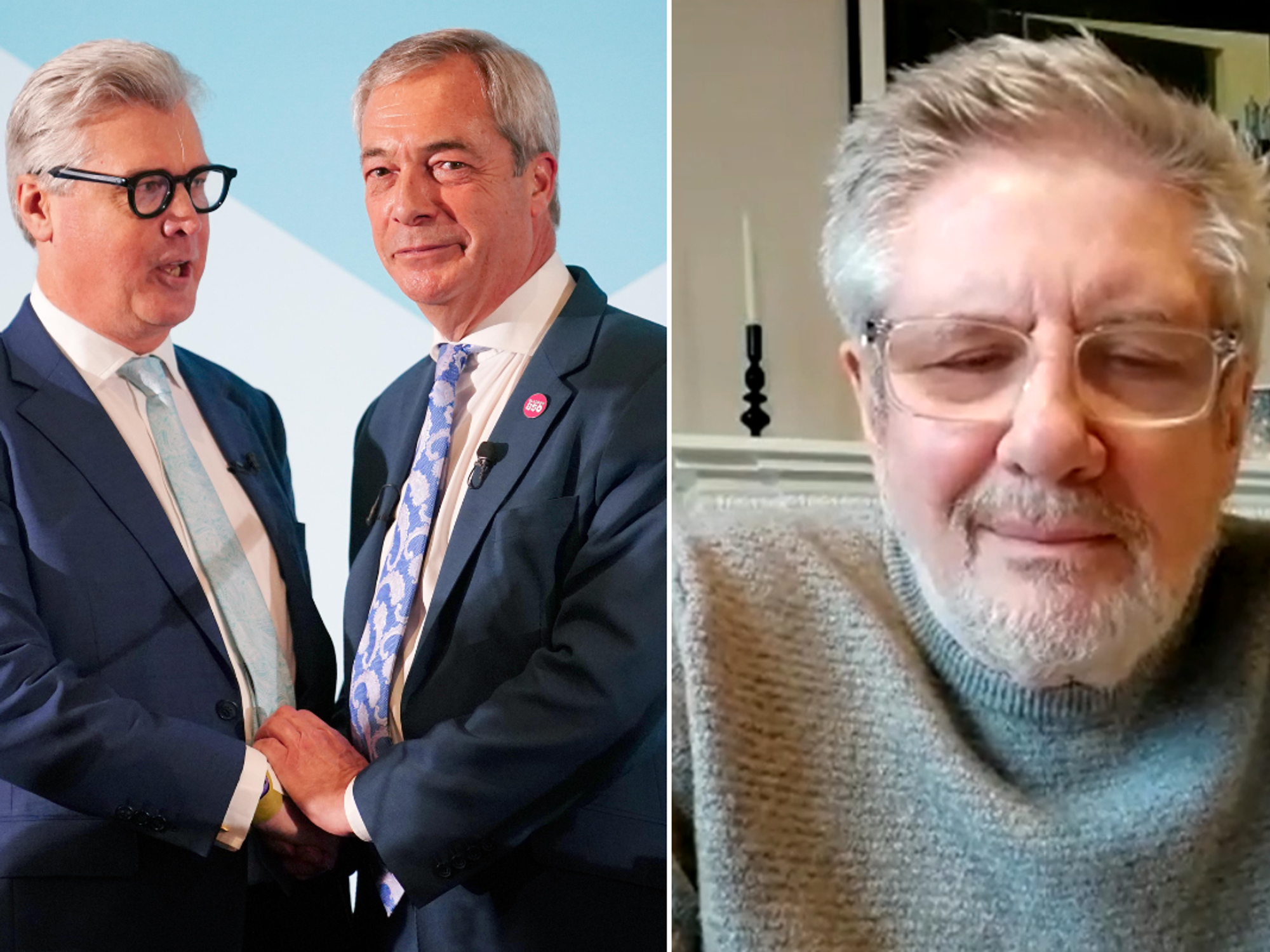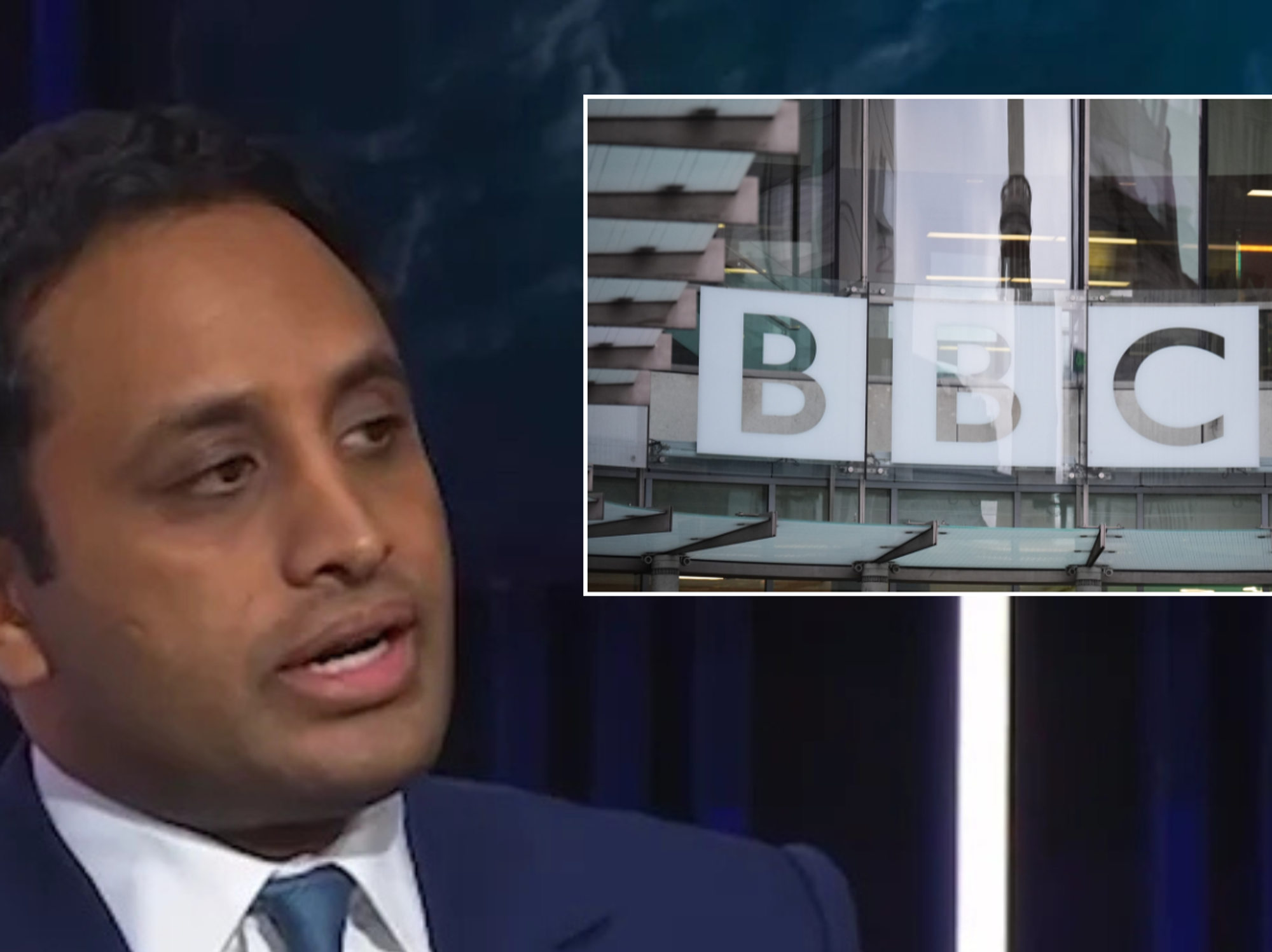Covid: Boris Johnson says face coverings now compulsory on public transport and in shops

The Government said as of 9am on Saturday, there had been a further 39,567 lab-confirmed Covid-19 cases in the UK.
Don't Miss
Most Read
Latest
Boris Johnson has announced that face coverings will become compulsory on public transport and in shops. Not including hospitality.
Addressing the country in a press conference, the Prime Minister said: "We will also go further in asking all of you to help contain the spread of this variant by tightening up the rules on face coverings in shops and on public transport.”
The Government said as of 9am on Saturday, there had been a further 39,567 lab-confirmed Covid-19 cases in the UK.
The Government also said a further 131 people had died within 28 days of testing positive for Covid-19 as of Saturday, bringing the UK total to 144,724.
Separate figures published by the Office for National Statistics show there have been 169,000 deaths registered in the UK where Covid-19 was mentioned on the death certificate.
Transport Secretary Grant Shapps said face coverings will be required on public transport and “in some other indoor settings”.
He tweeted: “With the first cases of Omicron variant identified in the UK, we’re taking extra measures to protect public health.
“All fully vaccinated arrivals to the UK are required to self-isolate when they arrive, take a PCR test on or before day 2, and continue to self-isolate until they receive a negative result.
“For those who test positive, they must isolate for 10 days. There will be no change for unvaccinated travellers. People will also now be required to wear a face covering on public transport and in some other indoor settings.
“These are targeted measures to provide confidence and protection, and we will review these measures in three weeks to ensure they are working effectively.”
Chief scientific adviser Sir Patrick Vallance told the Downing Street press conference that “three things need to be done” in the face of the new variant.
He said: “The first is to try to limit the number of cases that enter the country from places that have got lots of cases. And that means trying to detect people and prevent them from spreading in the country.
“The second is to make sure that when we do have cases in the country, and we will have cases just as other countries will have, that we try and limit spread in the country and that means detecting those cases, making sure the contacts are identified.
“And the third is to bolster our defences. And the defences are first and foremost to make sure that the vaccines are boosted because very high levels of antibody coverage will create a higher proportion of people protected even against a variant.”











